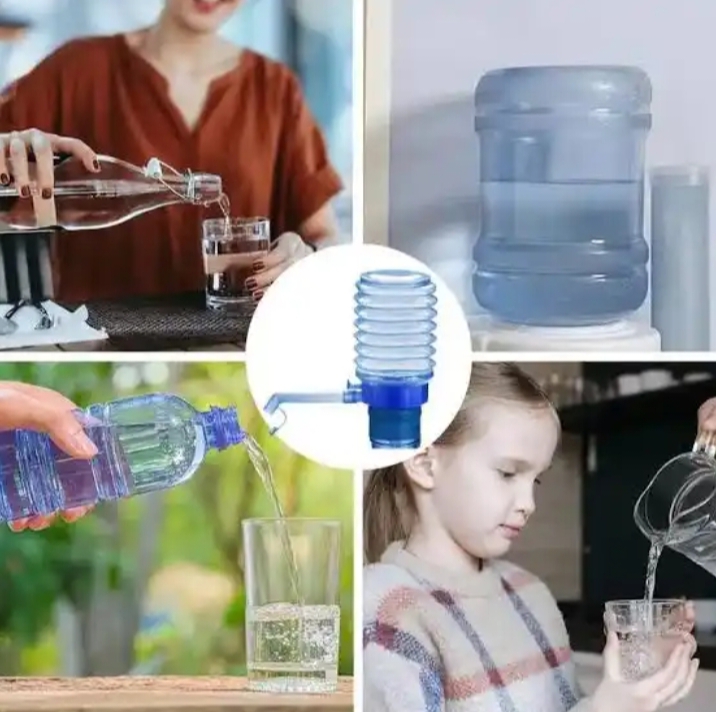
A water dispenser is a device designed to provide easy access to drinking water. It can dispense hot, cold, or room-temperature water and is commonly used in homes, offices, schools, and public spaces.
There are several types of water dispensers, including:
Types of Water Dispensers
- Bottled Water Dispensers – Use large water bottles (typically 5 gallons).
- Point-of-Use (POU) Dispensers – Connect directly to a water line and often have built-in filtration systems.
- Top-Loading Dispensers – Bottle placed upside down on top of the unit.
- Bottom-Loading Dispensers – Bottle placed in a compartment at the bottom.
- Countertop Water Dispensers – Smaller units placed on a countertop.
- Touchless or Sensor-Activated Dispensers – Promote hygiene by reducing contact.
Boosting Your Health: The Benefits of Nutritional Supplements
Health Benefits of Using a Water Dispenser
1. Encourages Hydration
- Easy Access: Makes drinking water more convenient, encouraging people to drink more.
- Taste & Temperature Control: Cold or filtered water tastes better, which may motivate increased consumption.
- Visible Reminder: Having a dispenser in view reminds users to stay hydrated.
2. Provides Clean and Safe Drinking Water
- Filtration Systems: POU dispensers may include carbon filters, UV purifiers, or reverse osmosis systems to remove:
- Chlorine
- Heavy metals (lead, mercury)
- Bacteria and viruses
- Microplastics and sediments
- Reduced Contaminant Exposure: Access to filtered water can significantly reduce the health risks associated with tap water contaminants.
3. Supports Weight Management
- Drinking more water can promote satiety and reduce appetite, helping with calorie control.
- Substitutes sugary beverages (soda, juice) with zero-calorie water, reducing sugar intake.
4. Improves Digestion and Detoxification
- Staying hydrated supports healthy digestion and nutrient absorption.
- Water helps flush out toxins through urine and sweat, supporting liver and kidney function.
5. Promotes Skin Health
- Adequate hydration improves skin elasticity, reduces dryness, and can lead to clearer skin.
6. Supports Physical and Cognitive Performance
- Water helps regulate body temperature, lubricates joints, and prevents fatigue during physical activity.
- Proper hydration improves focus, memory, and mood.
7. Reduces the Risk of Certain Diseases
- May lower the risk of:
- Kidney stones
- Urinary tract infections
- Constipation
- Chronic fatigue and headaches
8. Enhances Hygiene (Touchless Models)
- Reduces the spread of germs, especially in shared environments like offices or clinics.
Other Practical and Environmental Benefits of Water Dispenser
- Saves Money: Cheaper than buying bottled water long-term.
- Reduces Plastic Waste: Especially with POU or reusable bottle models.
- Temperature Options: Useful for making hot drinks (tea, coffee) or instant meals without needing a kettle.
Safety and Maintenance Tips for Water Dispenser
- Regular Cleaning: Prevents bacterial buildup, especially in the spouts and drip tray.
- Filter Replacement: Follow manufacturer’s recommendations to ensure optimal water quality.
- Avoid Storing in Direct Sunlight: Reduces risk of algae growth in bottles.




